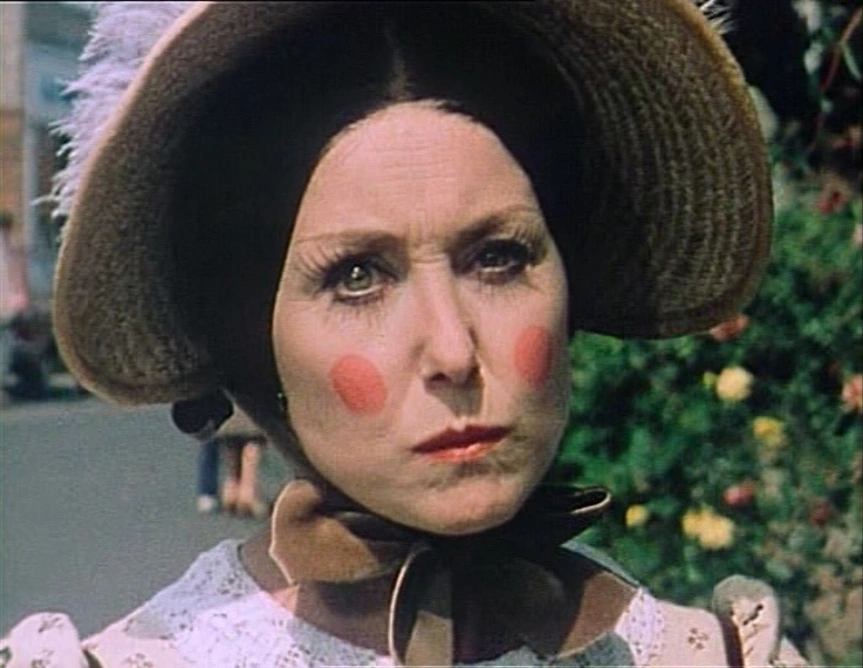
Aunt Sally – The Traditional English Pub Game With a Rich History
When it comes to classic English pub culture, few traditions are as enduring, quirky, and fiercely competitive as Aunt Sally. This time-honoured pub game, born in the heart of Oxfordshire and thriving in counties like Gloucestershire and Buckinghamshire, continues to unite communities, spark friendly rivalries, and preserve a unique slice of British heritage.
Played outdoors in pub gardens or league venues, Aunt Sally is more than just a pastime — it’s a social tradition filled with laughter, local pride, and a touch of nostalgia. Whether you’re a seasoned player or hearing about it for the first time, this guide will walk you through everything you need to know about the game, its rules, its unusual name, and where to see or play it today.
The History and Origins of Aunt Sally
The origins of Aunt Sally stretch back to the 17th or 18th century, though the exact roots are debated. Some say it evolved from a form of fairground entertainment, where players threw sticks at a wooden head representing a caricature of an old woman, often named “Sally.” Others claim it has links to old military training games or even older rustic games from pre-Victorian England.
By the 19th century, Aunt Sally had become a staple in Oxfordshire pub gardens, with standardized rules, local leagues, and even county-wide tournaments. Today, it’s considered a key part of traditional Oxfordshire pub culture, and it still draws passionate crowds every summer.
What Is Aunt Sally and How Is It Played?
At first glance, Aunt Sally might seem like a simple game — but it’s packed with skill, strategy, and local flair.
Here’s how it works:
- The target is a ball-shaped wooden doll (called the “Dolly”) placed on a metal spike.
- Players stand at a distance (typically 10 feet or 3 metres) and throw wooden sticks or battens, aiming to knock the Dolly off without hitting the spike.
- Each player gets six throws per turn, and scores a point for every clean hit.
- The game is usually played in teams of eight, with each team taking alternate turns.
- At the end of a match, the team with the most hits wins — and victory often comes with a pint or two in celebration.
It’s deceptively tricky — miss the Dolly, hit the iron spike, and you’ll hear the classic pub groan of disappointment.
Aunt Sally Rules in Detail

While local leagues may adapt slightly, the general rules of Aunt Sally are consistent:
- Dolly Size: Traditionally 6 inches high, round, and made of solid wood.
- Throwing Distance: Approximately 10 feet from the oche (throwing line) to the spike.
- Sticks: Made of wood, about 18 inches long, and weighing around 6 ounces.
- Fouls: Hitting the iron spike first or missing the target entirely scores zero.
- Teams: Common formats include 6 vs. 6 or 8 vs. 8.
Matches are played in a league system, with points awarded for wins, and bonus trophies given for highest scores or clean sweeps (hitting all six shots).
Where Is Aunt Sally Still Played?
Though Aunt Sally’s popularity once spread across the country, today it remains strongest in the Cotswolds, Oxfordshire, parts of Buckinghamshire, and Gloucestershire. It’s particularly prominent in:
- Witney
- Banbury
- Oxford city pubs
- Chipping Norton
- Eynsham and Abingdon
You’ll find Aunt Sally leagues active in these towns, especially during summer months. The Oxfordshire Aunt Sally Association maintains active fixtures, rankings, and hosts annual championship events.
Interested spectators can visit traditional pubs like:
- The White Hart (Minster Lovell)
- The Lamb & Flag (Witney)
- The George Inn (Littlemore)
- The Plough (Finstock)
Many of these host weekly league matches, usually on weekday evenings from May to September.
Why Is It Called Aunt Sally?
One of the most common questions is: “Why the name Aunt Sally?”
There are a few theories:
- Fairground Origins: It may have originated from a carnival game where players threw balls at a crude figure of an old woman — possibly a racial or gendered caricature — often with a clay pipe in her mouth.
- Colloquial Nickname: “Aunt Sally” could have been a slang term for an easy target — which then became literal in the game.
- Satirical Roots: Some historians suggest it was used to mock unpopular women or figures during public gatherings, with political satire elements.
While the game today is purely light-hearted and competitive, its name does carry a bit of quirky, if slightly dark, historical baggage.
Aunt Sally in Popular Culture
While not as mainstream as darts or snooker, Aunt Sally has appeared in British books, films, and even TV shows. The name gained broader pop culture awareness thanks to the 1970s children’s series Worzel Gummidge, where Aunt Sally was a prim and proper fairground doll character played by Una Stubbs.
Today, the game represents British rural charm and is sometimes featured at village fêtes, local food festivals, and heritage days celebrating traditional games.
Can You Still Join an Aunt Sally League?
Absolutely! Many local Aunt Sally leagues are eager for newcomers — even if you’ve never thrown a stick in your life.
How to get started:
- Find a participating pub near Oxfordshire or Gloucestershire
- Visit on match night to watch and talk to teams
- Ask the bar staff if there’s a team looking for extra players
- Check the Oxfordshire Aunt Sally Association website for fixtures and contact details
- Attend a taster night – some leagues host informal “newbie” sessions
It’s one of the friendliest pub games around, with a strong emphasis on community and fair play.
How Aunt Sally Compares to Other Traditional Pub Games
England has a proud tradition of pub games. Here’s how Aunt Sally stacks up:
| Game | Region | Skill Type | Played Indoors? | Equipment |
| Aunt Sally | Oxfordshire | Aim & Throwing | Mostly Outdoors | Dolly & Sticks |
| Skittles | West Country | Bowling Style | Yes | Wooden Pins & Ball |
| Darts | Nationwide | Precision | Yes | Dartboard |
| Quoits | Midlands | Ring Toss | Outdoor/Indoor | Metal/rope rings |
Aunt Sally is unique because of its outdoor, team-based, target-throwing gameplay, making it a perfect summer pub activity.
The Modern Revival of Aunt Sally
While Aunt Sally never truly disappeared, it’s enjoying a modern revival:
- Local tourism boards now promote Aunt Sally nights as cultural events
- Younger players are discovering it through heritage fairs and pub promotions
- Custom-made Dolly sets are available online for garden parties and DIY setups
- Social media has brought more visibility to league competitions and quirky local traditions
Even businesses and local councils have started including Aunt Sally at summer events and corporate team-building days.
Frequently Asked Questions (FAQs)
What is Aunt Sally in English slang?
Colloquially, “Aunt Sally” can mean a person or idea set up to be easily attacked or ridiculed — similar to a “scapegoat” or “straw man.”
Where can I play Aunt Sally?
Primarily in Oxfordshire pubs, especially in Witney, Banbury, and Oxford. Check the Oxfordshire league listings or visit local pubs.
Is Aunt Sally played indoors or outdoors?
Traditionally outdoors, usually in pub gardens or dedicated alleyways with backstops.
What equipment do you need for Aunt Sally?
- A Dolly (target doll)
- A metal spike (placed in a stand)
- Six wooden sticks per player
- A marked oche (throwing line)
Is Aunt Sally a team game?
Yes, usually played in teams of 6 or 8. However, it can be played solo for fun or practice.
Why You Should Try Playing Aunt Sally
Whether you’re visiting the Cotswolds or simply love traditional games, Aunt Sally offers a brilliant blend of history, skill, and fun. It’s perfect for social evenings in the beer garden, and its community-driven spirit makes it one of the most welcoming games for beginners.
From pub regulars to tourists looking for a slice of authentic England, Aunt Sally invites everyone to step up to the oche and take aim. Just don’t hit the spike — or you’ll never hear the end of it.
You may also read: Coast FIRE Calculator: Plan Your Path to Financial Independence in the UK



